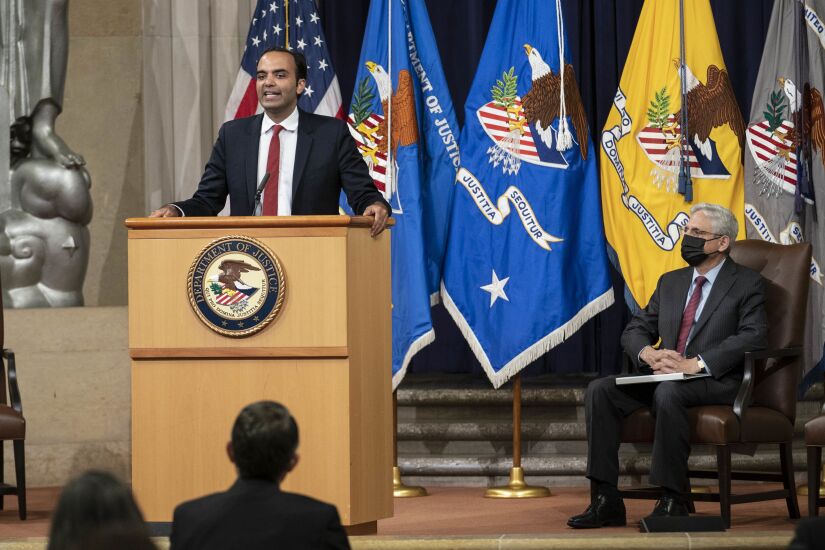Want unlimited access to top ideas and insights?
Mortgage lenders are being urged to use new technology such as artificial intelligence, machine learning, predictive analytics and complex algorithms to offer credit to more consumers. However, there are concerns that this new way of evaluating creditworthiness will fail to eliminate the biases that certain applicants already face.
Read our roundup to learn more about how AI is being used in lending and how regulators are stepping in to monitor this evolving situation.









